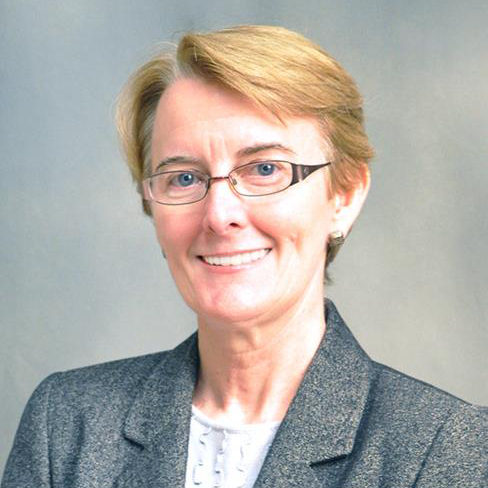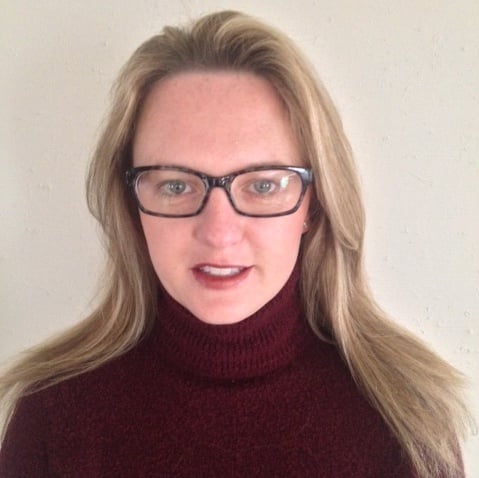Early detection of cancer plays a vital role in improving cancer survival rates. Detecting cancer early allows for timely intervention, stopping the cancer before it metastasizes, and increasing the effectiveness of treatment options.
At the University of Colorado Cancer Center, many members are focused on detecting cancer early by providing greater access to screening and educating the community on options.
|
Learn about how the CU Cancer Center is helping in each of the eight goals of the National Cancer Institute’s National Cancer Plan aimed at changing how we know cancer today. |
This vital work aligns with one of the eight goals in the National Cancer Institute (NCI)’s National Cancer Plan. This plan supports President Joe Biden’s Cancer Moonshot initiative, which aims to reduce cancer deaths in the United States by 50% over the next 25 years.
The National Cancer Plan notes that “finding cancer in its earliest stages, when it is most treatable, can reduce the number of people who die from cancer.”
Currently, only a handful of screening tests are known to detect cancer in people who regularly receive them. They include colonoscopy and stool-based tests for colorectal cancer, mammography for breast cancer, human papillomavirus (HPV) and Pap tests for cervical cancer, and low-dose CT scans for lung cancer.
→ Learn more about the types of cancer screenings.
Correcting the age for screenings
As cancer diagnoses continue to come at younger ages, one large area of focus for those cancers that have a screening test is to confirm the best age to be screened. In 2021, the recommended colorectal cancer screening age was lowered from 50 to 45 for people at average risk. This was a multi-year effort by a team that included Andrea Dwyer, director of the Colorado Cancer Screening Program (CCSP) at the CU Cancer Center.
In May 2023, the United States Preventive Services Task Force (USPSTF) proposed lowering the recommended age for beginning regular mammograms from 50 to 40.
“Young women tend to have young children, they have careers, they have many years of life to live. Finding breast cancer in that population has a significant positive effect if we can intervene and find breast cancer early, so that it can be cured,” says CU Cancer Center member Dulcy Wolverton, MD, associate professor of radiology in the CU School of Medicine. “There are a number of screening trials that show pretty definitively that screening mammography does find breast cancers in young women in their 40s. And it does impact mortality.”
Statewide partnerships for cancer screenings
Knowing when to get a screening is not the only problem standing in the way of many Americans getting their cancer screening.
One of the most far-reaching and impactful CU Cancer Center programs for detecting cancers early is the CCSP, which is a statewide program that partners with safety net hospitals and clinics to offer no-cost patient navigation services for cancer screening to the medically underserved of Colorado.
Dwyer says she sees the National Cancer Plan and President Biden’s Cancer Moonshot initiative as a way to highlight not only the work currently being done to detect cancer early via screening, but also the potential to improve low screening rates in underserved populations.
“A colonoscopy is great if you can get one, but there are barriers to access, there’s mistrust in the medical system, there are many who don’t have medical homes and maybe aren’t as comfortable navigating the system, and these are things we have to address if we’re going to catch cancer early,” Dwyer says.
Working toward greater screening access
Dwyer notes that there’s amazing potential for multi-cancer detection tests that scientists are working to develop, “but we have to approach this the right way,” she says. “It’s still very early days, and these tests are still very much in development. They’ll be fantastic if they work, but we’re also at a place where there’s mistrust in science. We have to make sure that we at the CU campus are contributing to science in a meaningful way.
“I’m wildly jazzed about all the new technology for cancer prevention and control – how accurate stool-based tests are now, tests like Cologuard that are accessible and accurate,” she adds. “The science is really dialed in. But say someone is able to order a Cologuard and needs to follow up with a colonoscopy; do they have a ride to the clinic? Are they able to get time off work? Do they live in an area where there even is a clinic? Do they have child care? Is information being presented in a language they understand?”
The important work of early cancer detection includes opening doors to access. CU Cancer Center clinicians and researchers are working to expand access to mammography, Pap tests, and colorectal cancer screening including colonoscopies. Researchers are working toward greater diversity in research, and in growing community partnerships to help address low screening rates.
“The best screening,” Dwyer says, “is the screening that gets done, and is done well!”




.png)
